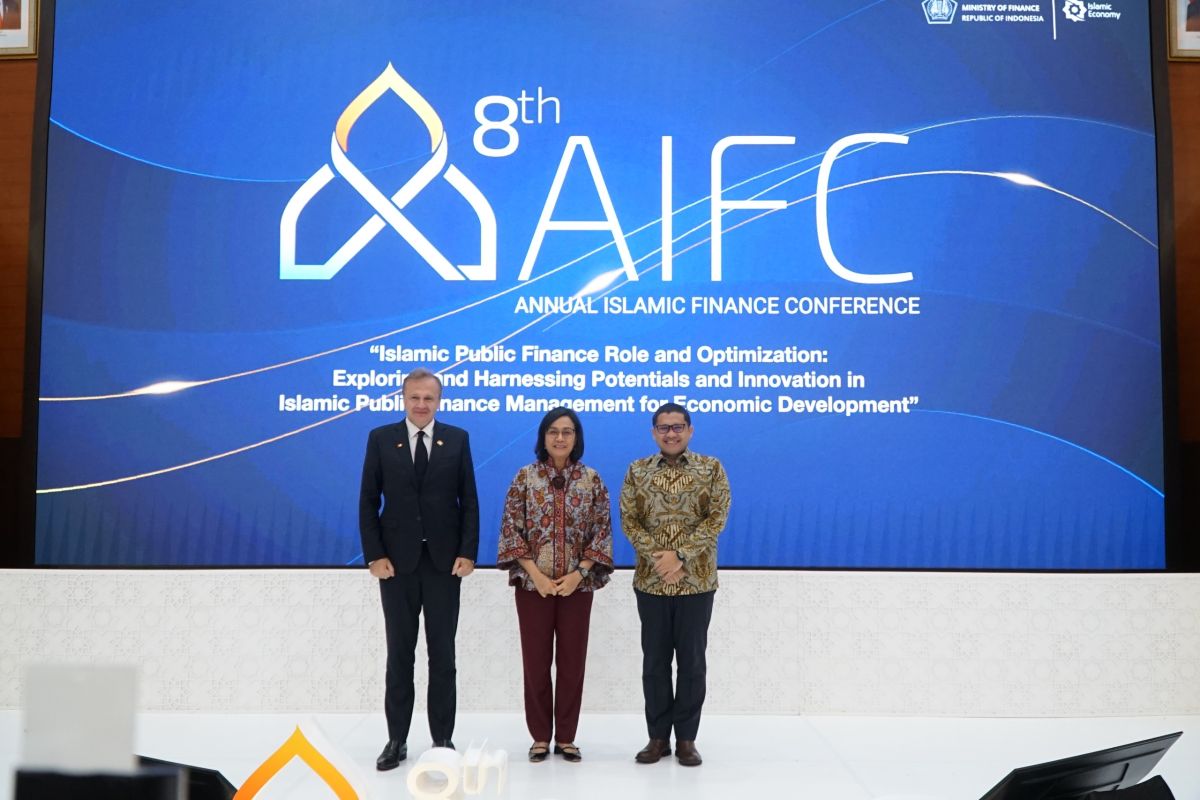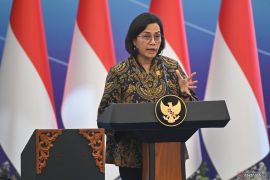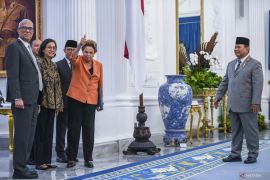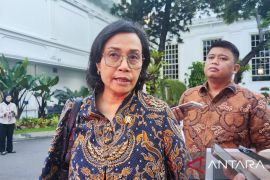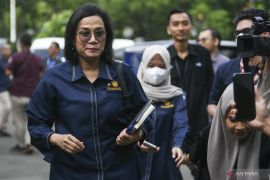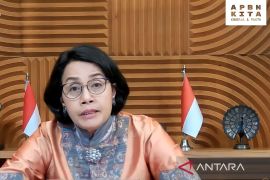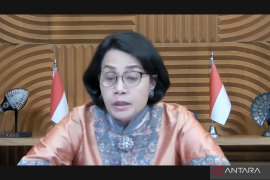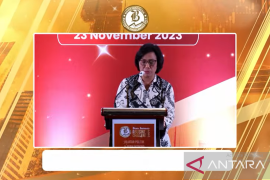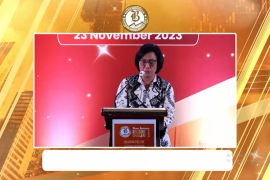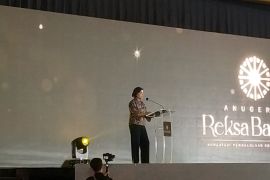"We must ensure that basic principles of Islam, such as social justice and welfare, are reflected in the public finance management, especially in the functions of allocation, distribution, and stabilization," she said here.
She emphasized the importance of equitable distribution, with the state playing a role in ensuring that prosperity can be enjoyed by all levels of society, including the most vulnerable groups.
Such equality cannot be achieved without a fiscal policy that supports fair and equitable distribution. On this basis, taxation must be designed to impose more obligations on those who are capable and provide assistance to those in need.
Furthermore, the minister highlighted the importance of economic stability in maintaining the sustainability of the protection based on the principles of Maqasid al-Syari'ah.
According to her, an unstable economy will not only negatively affect prosperity but also human lives, family stability, and the community's intellectual development.
She emphasized that inclusive and just economic growth requires efficiency in the allocation of public resources.
She also underlined the Indonesian government's commitment to protecting families, improving human resources, and promoting the community's welfare through fiscal policies.
The Indonesian government is continuing to develop Islamic public financial instruments, such as sukuk (Islamic bonds), zakat (alms), and waqf (endowment), to support national development.
Indonesia is also a pioneer in the issuance of Green Sukuk in the world, which supports sustainable infrastructure projects.
In his speech, director and resident representative of the Islamic Development Bank (IsDB) Regional Hub Indonesia, Amer Bukvic, highlighted the importance of Islamic finance in building infrastructure through sukuk and the public-private partnership financing model.
Innovations in technologies such as fintech and blockchain are also considered important to increase transparency, scalability, and efficiency in zakat and waqfmanagement.
In addition, innovations in digital platforms are expected to transform how public resources are collected, managed, and allocated, thereby resulting in more impactful outcomes.
Related news: Islamic economy and finance grew positively in past half decade: VP
Related news: Sharia economy to drive transformation in Indonesia, world: BI
Related news: Rp34 trillion collected through Islamic social finance instruments
Translator: Imamatul Silfia, Raka Adji
Editor: Azis Kurmala
Copyright © ANTARA 2024
